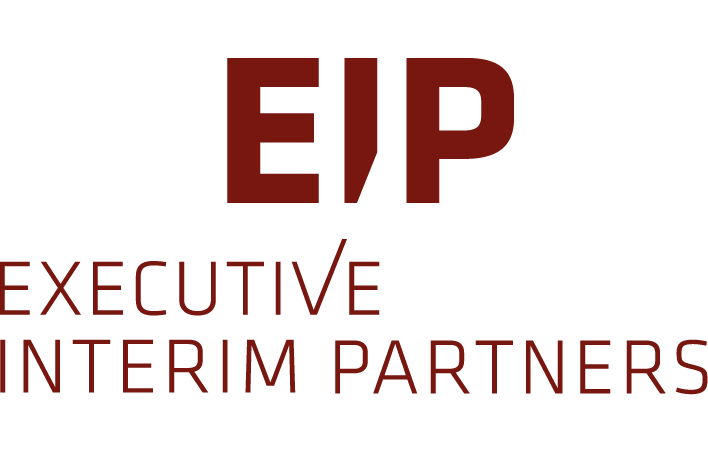Building Materials and Construction Industry
Output levels in the construction industry have taken several years to reach levels prior to the 2008/2009 financial crisis.
The construction industry may find itself in a similar scenario as a result of the corona crisis. Job confidence has been one of the most reliable predictors of construction activity. Consumer confidence (and its lack of) will most likely also play an important role in the world after corona. Here are a few lessons learned from the period following the financial crisis, that may have gone a bit out of sight in last few successful years:
Besides short periods of recovery, stagnating, falling and in some areas very volatile prices for raw materials and in the energy markets induced additional pressure on companies to adapt their cost side continuously. CO2 emission policies only started to impact the industry.
At the same time, the opportunities for price increases with customers remain limited for the building material producers, due to the no to low growth of demand in mature building markets during that period. In many cases this situation was not helped with a heterogeneous supply side in the European home markets, with strong national differentiation of the products. In addition, the production footprint was relatively spread out, induced by the high share of transportation cost in the overall product cost and the resulting need to be close the customer.
As a consequence, the opportunities to standardize products and concentrate production are limited. Adapting and increasing the flexibility of capacity and fixed cost structures to better match demand fluctuations were the main challenges in an industry with high fixed cost and prolonged periods of weak markets.
To turn these challenges into opportunities for increased competitiveness, there were a broad range of approaches:
- Strategic cost reduction in the production area and in administration, by turning fixed cost into variable cost
- Adapting the organizational proportions to the sources of competitive advantage and mobilizing for change
- Adapting to the heterogeneous demand by increasing flexibility in production set up, supply chain and fixed cost
- Professionalization of the purchasing function, which had some potential when comparing to more advanced industries
- Acquisition of healthy local players suffering in depressed markets
- Refocusing the business model to meet the challenges: (1) increase efficiency in the core business (2) grow through innovations with existing customer base and (2) grow in market segments on the back of trends like e.g. energy efficiency
Executive Interim Partners support customers in the construction and building materials industry with their functional and industry know-how in defining and implementing performance improvement programs in different roles as Interim Manager, Coach, or Consultant:
- Implementation support for Performance Improvement Programs for short and medium term cost reduction (e.g. in Operational Excellence, Purchasing/Global Sourcing) and cash flow improvement through better supply chain management
- Design and implementation of reorganizations
- Implementation of strategies for profitability improvement, e.g. price management and complexity reduction of the product portfolio
- Program Management Office to consolidate and manage large numbers of individual projects. Follow up on project progress in complex performance improvement or restructuring programs (milestones, resources, KPIs, roadblocks)
- Interim leadership positions, also as director of the company (e.g. CRO, CEO, CFO, CPO, Plant Manager, Purchasing Manager) or project management roles to implement performance improvement programs, also in restructuring situations
Our Partner team can draw on extensive experience from previous interim management roles and consulting assignments in the building materials industry. Upon request, we can provide references from the companies involved.
For an initial exchange on the building materials or construction industry, please contract Ullrich Weirauch or Martin Nussbaumer.


